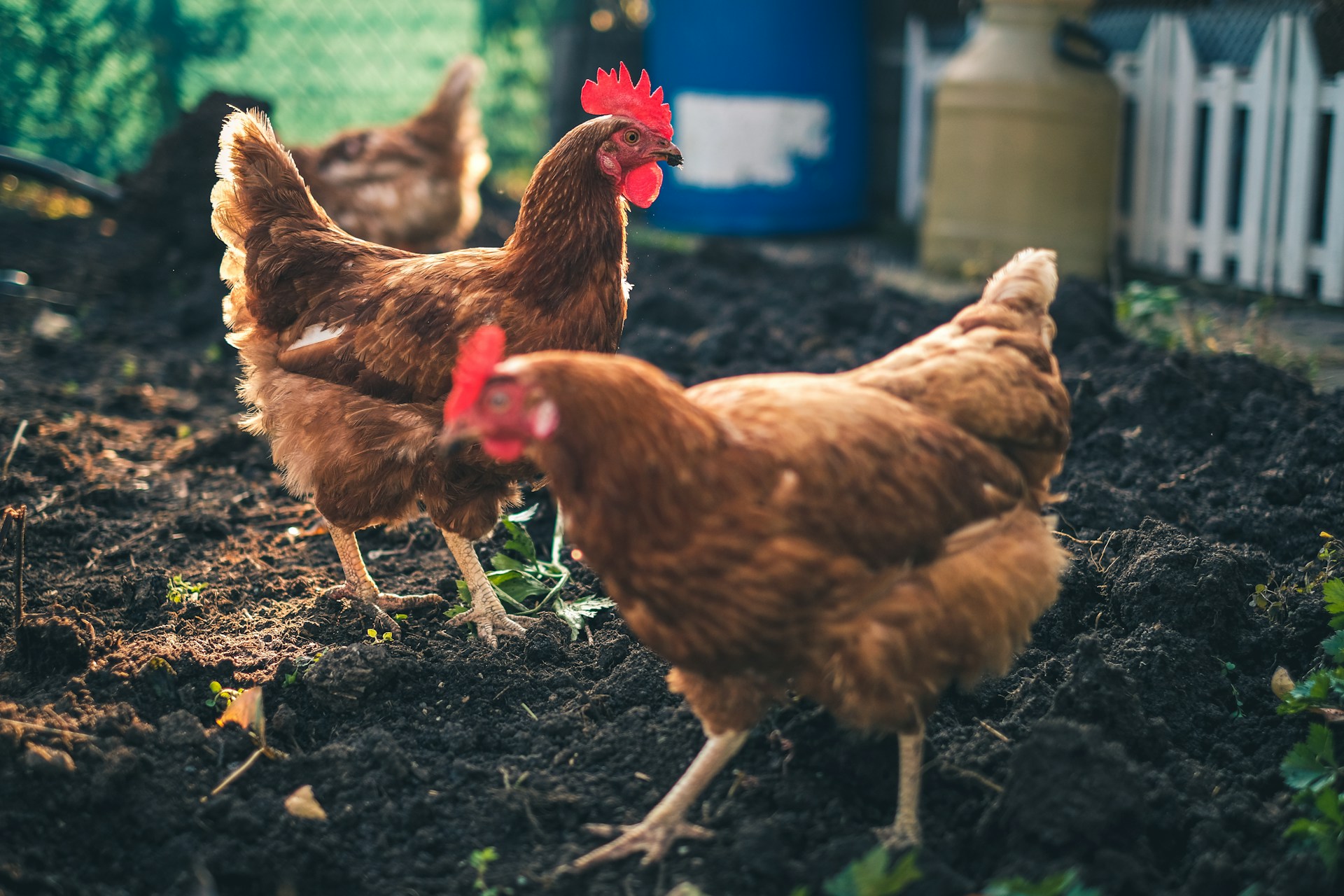With the 2025 bird flu epidemic continuing to disrupt poultry farms across the country, more homeowners are turning to backyard chicken coops—both as a rewarding hobby and a way to secure their own fresh eggs. Egg prices are rising, store shelves are occasionally bare, and concerns about food supply chains are top of mind for many families.
Raising chickens at home can offer peace of mind and a closer connection to your food source. But it’s not always the money-saving move people assume. Here’s what to know if you’re considering building a DIY chicken coop, how to keep your flock safe during the current outbreak, and the key benefits and thoughtful considerations to keep in mind.
Why Build Your Own Chicken Coop?
1. Egg Security in Uncertain Times
As bird flu outbreaks impact commercial egg production, having your own hens means you don’t have to rely entirely on grocery store supply. For those focused on long-term food security and self-sufficiency, a backyard coop is an appealing solution.
2. Peace of Mind and Control Over Quality
Home-raised hens give you full control over their diet and environment. That means fresher eggs, often with richer yolks, and no concerns about added hormones or antibiotics. Many people also appreciate knowing exactly where their food comes from.
3. An Engaging Family Experience
Raising chickens can be educational and fun, especially for kids. From building the coop to collecting eggs, it’s a hands-on way to teach responsibility, sustainability, and animal care.
A Note on Costs: Not Always a Money-Saver
While some homeowners assume backyard chickens will lead to major savings, the reality is more nuanced. According to an article by Alliant Credit Union, raising chickens can cost more than simply buying eggs—especially in the first year.
Here are a few cost factors to consider:
- Coop Materials: Even DIY coops can cost hundreds of dollars to build, depending on materials and design.
- Feed and Supplies: Ongoing expenses include chicken feed, bedding, cleaning materials, and healthcare supplies.
- Startup Costs: Chickens themselves aren’t free, and depending on your region, you may need permits or pay for predator-proof fencing and insulation.
While it’s possible to reduce expenses by using reclaimed materials or buying in bulk, most chicken owners find they break even—or come out slightly behind—when comparing the cost to store-bought eggs. For many, the value lies in food security, enjoyment, and lifestyle rather than financial savings. For a price breakdown, review the Alliant Credit Union article here.
Biosecurity Matters: Protecting Your Flock During the Bird Flu Epidemic
Keeping chickens safe during the 2025 bird flu outbreak means being proactive. Biosecurity isn’t just for commercial farms—it’s essential for backyard coops, too.
Here’s how to protect your flock (and your family):
- Keep wild birds away by covering your chicken run and avoiding open feed sources that attract them.
- Disinfect hands and boots before and after contact with your chickens.
- Don’t share gear between flocks unless thoroughly sanitized.
- Quarantine new chickens for at least 30 days before adding them to your coop.
- Watch for warning signs like sudden drops in egg production, lethargy, or respiratory issues, and contact a vet if you suspect illness.
Considerations Before You Build
While the idea of a backyard coop is appealing, it’s important to plan thoughtfully. Here are a few aspects to evaluate:
Zoning and HOA Regulations
Check with your city or homeowner’s association to make sure chickens are allowed. Some areas limit the number of hens (and often prohibit roosters).
Time Commitment
Chickens require daily care—feeding, cleaning, collecting eggs, and occasional health checks. It’s manageable, but not hands-off.
Seasonal Weather
Make sure your coop is well-ventilated for summer and insulated for winter. Predators are a year-round issue too, so sturdiness matters.
Noise and Odor Management
With proper maintenance, smells and sounds can be minimal, but it’s something to plan for—especially if you have close neighbors.
DIY chicken coops offer a sense of independence, especially in times when food supply chains feel fragile. While raising chickens might not drastically cut grocery bills, the benefits—fresh eggs, peace of mind, and the joy of self-reliance—can make it worth the effort for many homeowners.
As with any home project, success lies in planning. With smart biosecurity measures and realistic expectations, a backyard flock can be a safe, fulfilling way to take control of your egg supply in 2025 and beyond.







